In 2015, when the World Health Organisation released a report that classified meat as a carcinogen and red meat as ‘possibly carcinogenic’ red flags were raised around the amounts and frequency of processed meat being consumed. But it’s not just in their consumption that these products are causing harm.
With the demand for meat worldwide involving the breeding of 1 billion pigs, 19 billion chickens and 1.4 billion cattle each year – ethical and welfare issues aside – animal agriculture is having a severe environmental impact on our world, as well as our health.
Astoundingly, the livestock sector accounts for 14% of greenhouse gas emissions worldwide, roughly equivalent to emissions from the transportation sector. The industry’s ecological footprint is enormous. Livestock is also the most significant contributor to nitrogen and phosphorus pollution of streams, rivers and coastal waters worldwide.
Cattle ranching has been the biggest cause of deforestation in the Amazon, such that a few years ago nearly 80% of deforested areas in Brazil was used for pasture.
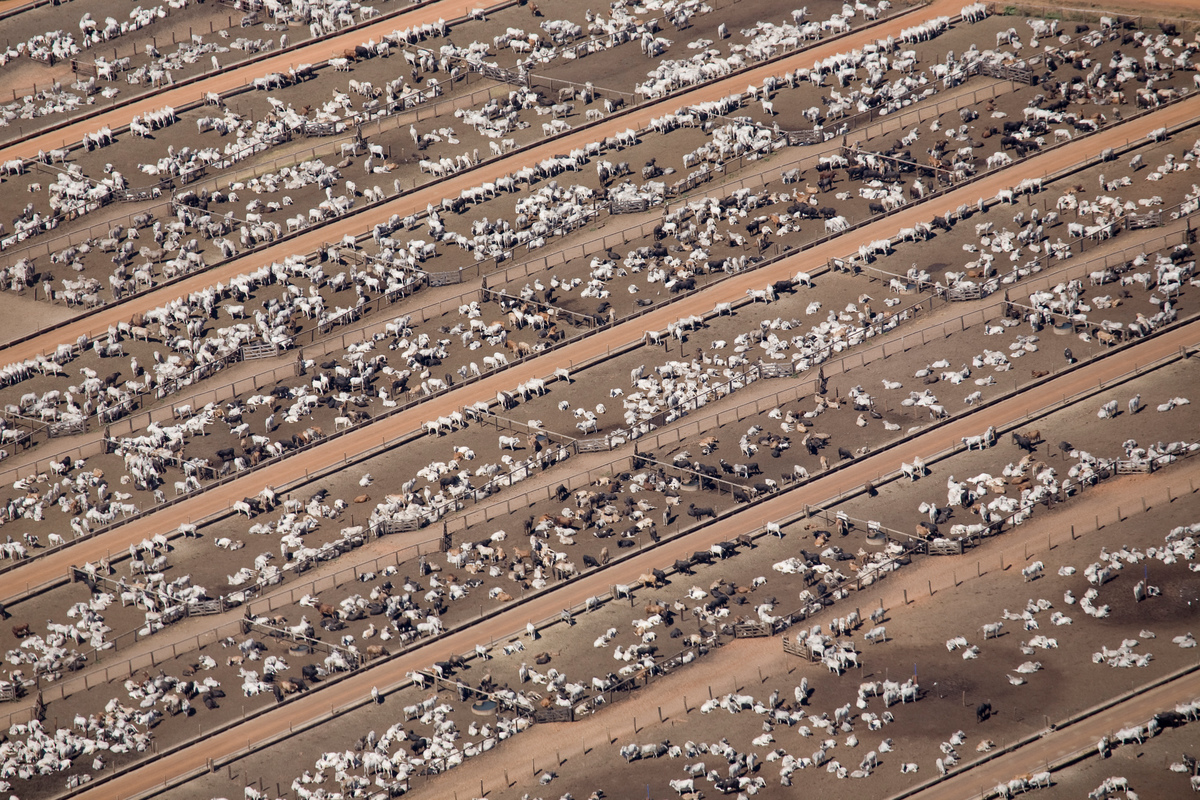
A cattle farm at Estancia Bahia.
Soy – which is produced through a predominantly genetically engineered process using vast amounts of water, pesticides and herbicides – is grown to feed animals that are then used for human consumption as meat or dairy products.
Huge amounts of water are also needed for the production of one year’s worth of meat and dairy: 403,000 litres, in fact – the equivalent to someone taking 17 showers per day for a year.
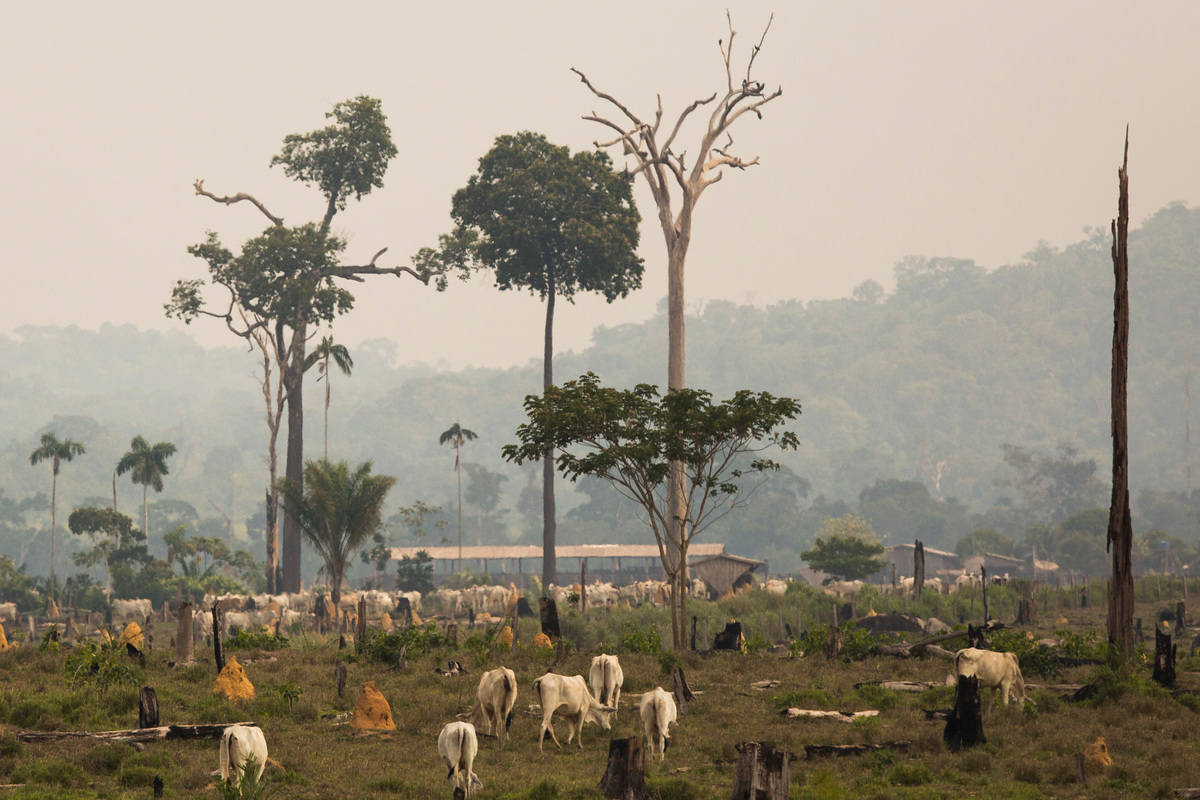
Cattle in area embargoed by Ibama.
We have been taking action in the Amazon and have campaigned heavily on cattle ranching, even when there were considerable risks to our campaigners. A three-year undercover investigation exposed top name brands driving the deforestation of the Amazon rainforest, by tracking beef, leather and other cattle products from ranches in the rainforest.
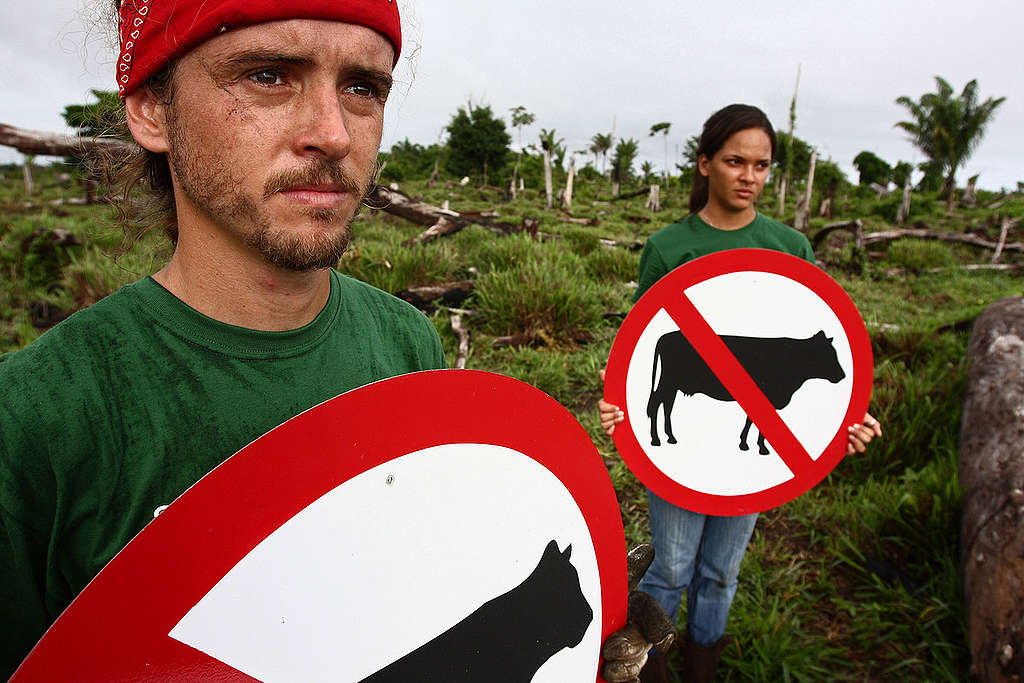
Greenpeace activists hold ‘forbidden-cattle’ signs in the Green Forever reserve that has recently been illegally deforested for cattle farming in Porto de Moz. The protest is against the lack of reserve protection created four years ago by president Luiz Inacio Lula da Silva and the introduction of livestock farming inside the ‘protected’ forest area.
The protest forms part of the Greenpeace ‘Arctic Sunrise’ ship tour ‘Save the planet now’ as part of the organisations global effort to alert the Brazilian people to the environmental problems facing their country today.
This has had big results: Nike agreed to stop buying Amazon leather, and the World Bank withdrew a USD 90 million loan to Brazilian cattle giant, Bertin – money which was intended to fund further expansion into the Amazon region.
But we need to maintain pressure to continue to make an impact. Our victories come when we have people power. Together, we take on the greatest environmental threats by exposing destructive companies and governments, and using the power of mass pressure to make them change. Lifestyle choices can play a big role by reducing demand, but even massive changes in one person’s lifestyle can be eclipsed by corporate decisions taken in faraway boardrooms.
Through our #LessIsMore campaign we are challenging governments and corporations to take a stand against this out-of-control livestock industry for our water, climate, health, forests, animal welfare and fairer trade deals for farmers. We are also asking our supporters to reduce personal consumption of processed meat and dairy products, opting more for plant-based alternatives.
We are not calling for everyone to be vegan. While we do promote veganism and vegetarianism as a way to help we have never solely advocated boycotts or veganism. But we encourage small changes to consumption habits. These changes, coupled with retaining pressure on governments and corporations profiting from the meat and dairy industry, can have a significant impact.
Our focus lies in bringing about positive change and we have set an ambitious goal to reduce the consumption and production of meat and dairy by at least 50% by 2050.
Join us by participating us in #LessIsMore. Sign up and join the movement towards healthier lives and a healthier, happier environment.

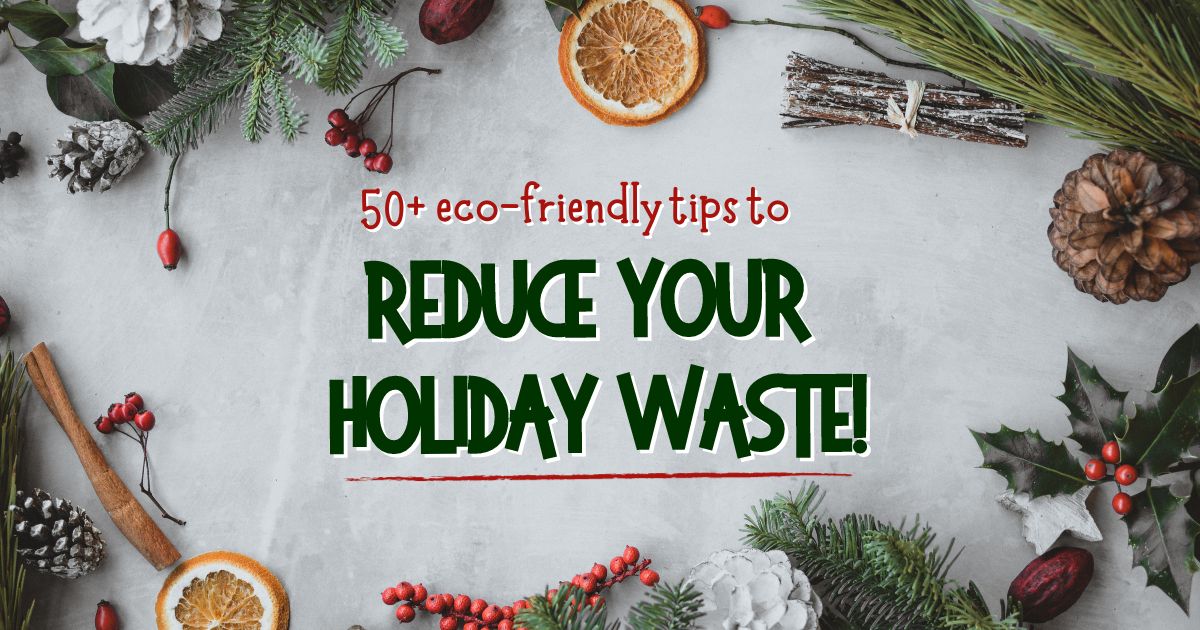
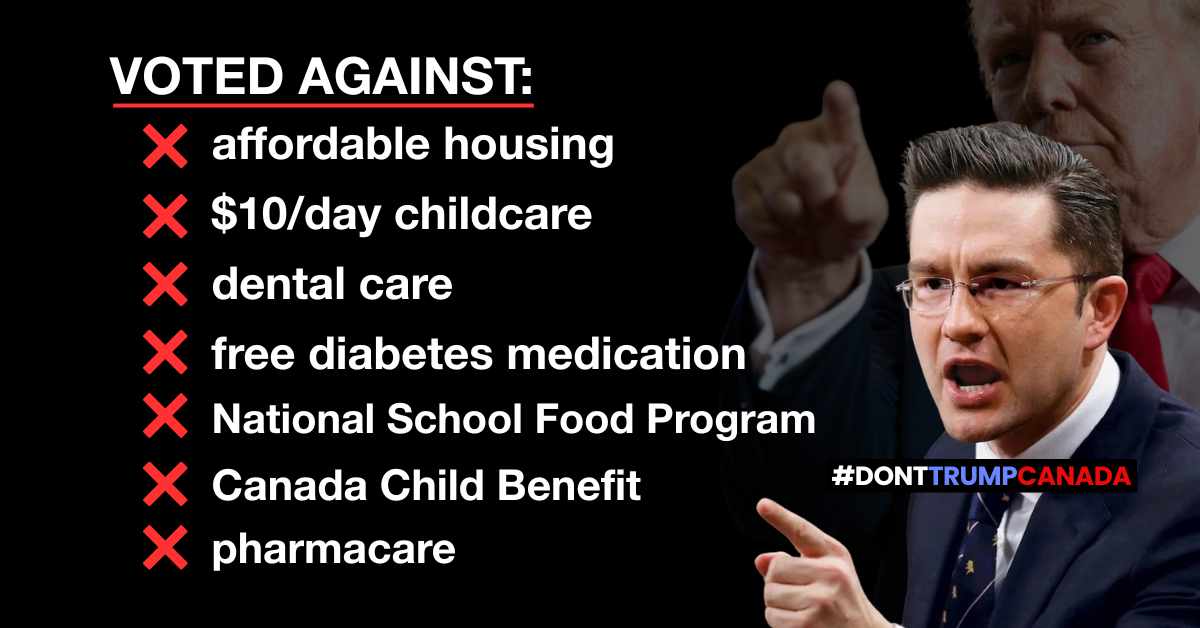
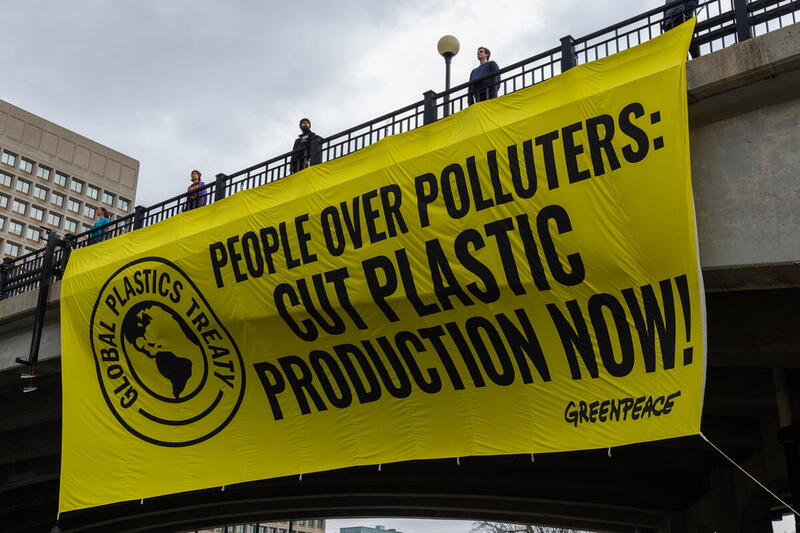
Discussion
Great article until I read this line: "We are not calling for everyone to be vegan." Why not? The writer has clearly demonstrated that animal agriculture is contributing to the destruction of the planet. It's time for everyone to take a stand. When we all stop buying and eating meat, dairy and eggs, the animal agriculture industry can be stopped permanently. If you want more info about this issue, please read Nathan Runkle's book "Mercy for Animals". You will never want to eat meat, dairy and eggs again.